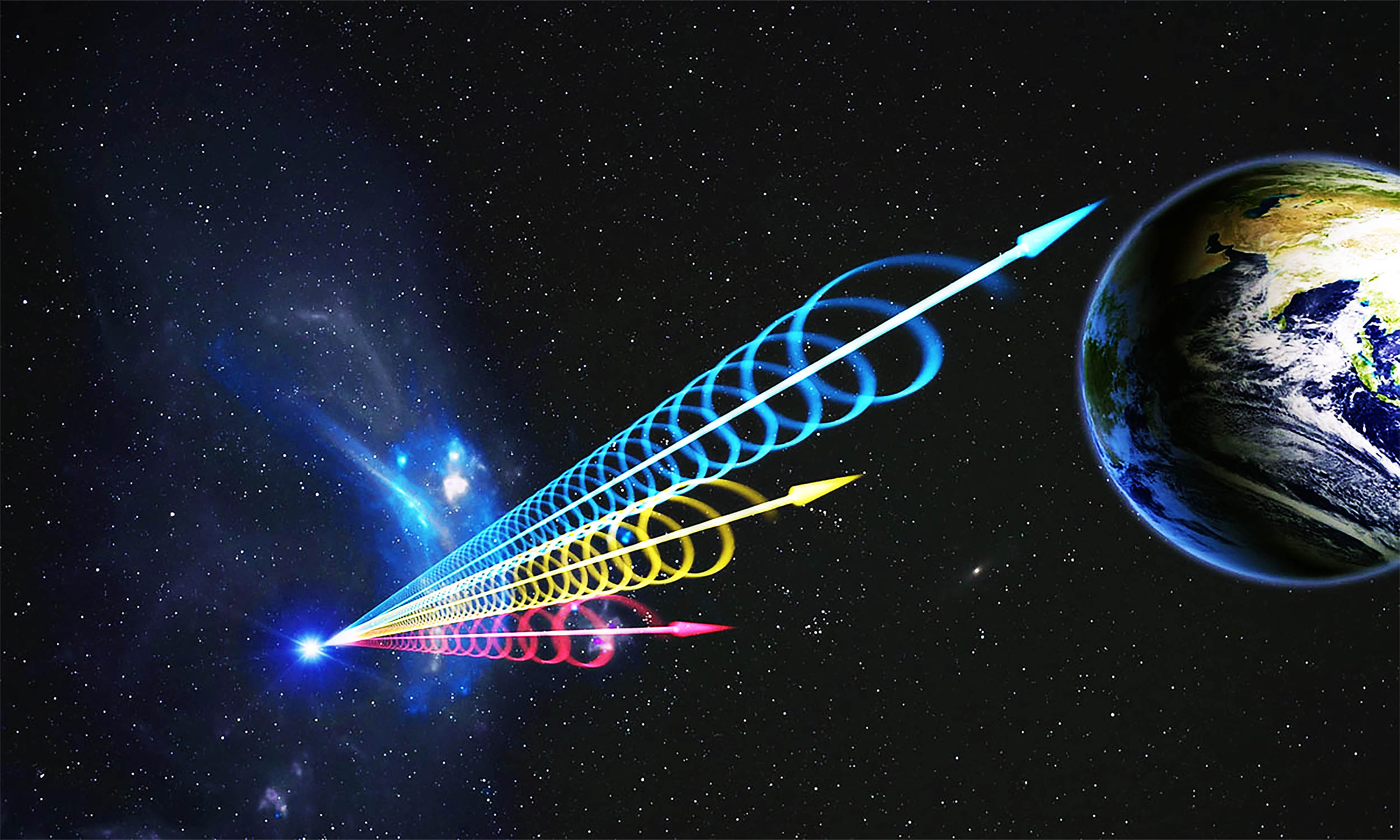SETI listens for extraterrestrial signals but lacks clear ethical guidelines for post-detection actions.
Key Takeaways
- First contact with aliens could mirror historical colonization and exploitation if handled improperly.
- Lessons from Earth’s colonial history highlight the risks of assuming cultural superiority in contact.
- SETI’s focus on listening for extraterrestrial life raises ethical concerns about surveillance and consent.
- Military, corporate, and governmental interests may dominate the narrative of alien contact.
- Historical parallels like James Cook’s expeditions show how noble scientific goals can lead to exploitation.
__________
The Ethics of First Contact
The prospect of contact with extraterrestrial intelligence has long fascinated humanity, but a new analysis from an Indigenous studies working group cautions against repeating historical patterns of colonization. Drawing lessons from centuries of culture contacts worldwide, the group emphasizes that first contact should not be viewed as a single event but as a prolonged process that has already begun through initiatives like SETI (Search for Extraterrestrial Intelligence).
SETI scientists, primarily from STEM disciplines, search for “technosignatures,” such as pollutants or designed technologies, that could indicate alien civilizations. Despite the program’s emphasis on scientific discovery, there is limited involvement from social science and humanities experts, who could provide insights into the ethical and cultural dimensions of such an encounter. Notably, the working group criticizes the absence of clear ethical protocols in initiatives like SETI’s Breakthrough Listen and Post-Detection Hub.
The researchers liken the act of listening for extraterrestrial signals to surveillance. They argue that engaging in such actions without consent parallels historical instances of colonization, where perceived cultural superiority led to exploitation and violence. For example, Christopher Columbus’s expeditions were shaped by the assumption that Indigenous peoples were less advanced due to their lack of writing systems, resulting in decades of servitude and genocide.
Historical Lessons and Contemporary Implications
The working group draws comparisons between SETI’s goals and the 18th-century voyages of James Cook. While Cook’s mission to observe celestial phenomena aimed to benefit humanity, it inadvertently triggered large-scale colonization and Indigenous dispossession. The researchers caution that similar outcomes could occur if extraterrestrial contact becomes entangled with corporate, military, or governmental interests.
The Commercial Space Launch Competitiveness Act of 2015, which permits private companies to profit from space exploration, raises concerns that corporations may dominate initial contact scenarios. Military involvement in detecting unidentified aerial phenomena and NASA’s leadership in messaging from Earth further complicate the ethical landscape.
The researchers stress that the history of Western imperialism and colonialism underscores the dangers of unregulated engagement. If humanity’s initial interactions with extraterrestrials are perceived as intrusive or disrespectful, it could provoke hostile responses. The group advocates for including diverse perspectives and adopting ethical guidelines to ensure that extraterrestrial contact, if it occurs, avoids the mistakes of Earth’s colonial past.
While the allure of discovering alien life is undeniable, this analysis serves as a reminder that humanity’s actions, both past and present, should guide preparations for such a monumental encounter.




